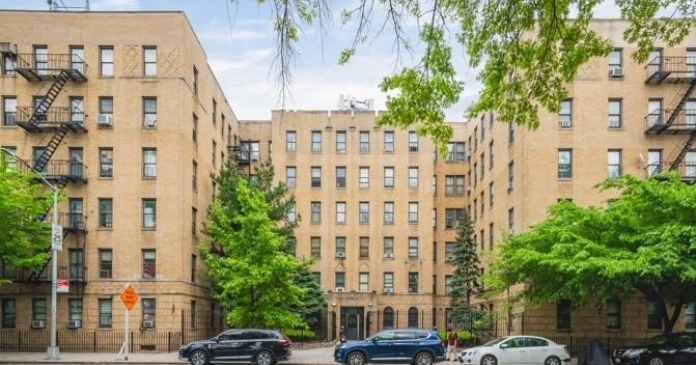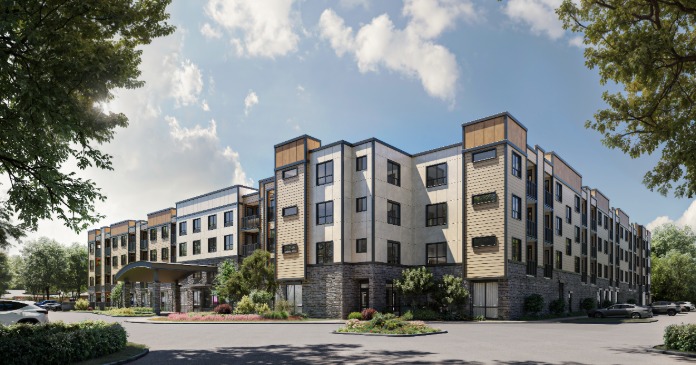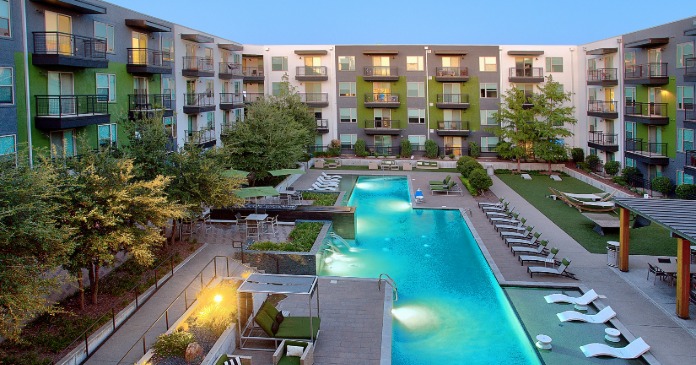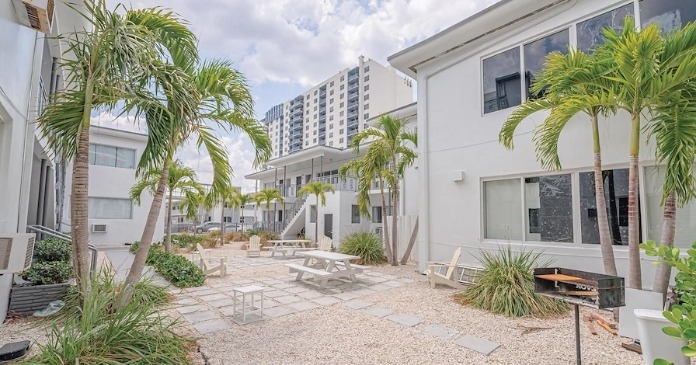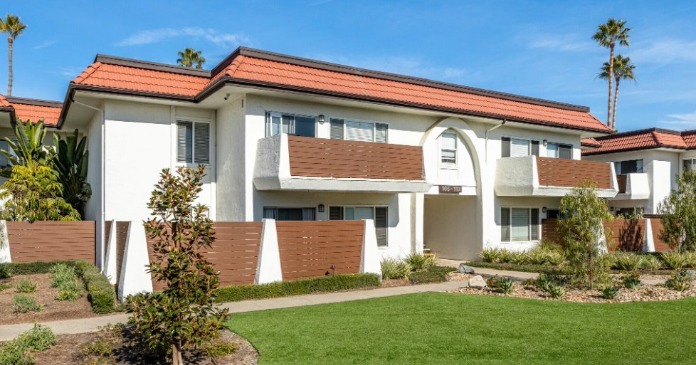Credit card companies tout the convenience and cost savings of recurring electronic rent payments for property managers. Here’s why they should charge ahead… but carefully.
Property managers can lower monthly administrative costs and guarantee more on-time rent payments by automatically billing their residents’ credit and debit cards each month.
But at a time when the federal government has stripped protection from consumers who fall behind on their bills, managers should consider possible long-term consequences for their renters.
With more than half of U.S. consumers paying rent, credit card companies have targeted property managers as a new market segment for acquiring automatic, recurring payment options.
They say property managers who automatically bill rents to credit or debit cards benefit from not only timelier payments, but also quicker processing of those payments at lower cost.
“When a property owner or manager starts accepting credit card payment for rent, they’re guaranteed their rent will be received in full and on time,” says Donna Johnson, VP of new markets for Mastercard International.
Property owners can also cut out the risk of having to pay bank fees of up to $35 for bounced checks, she adds.
The number of renters choosing to pay by credit or debit card has grown over the last few years along with a general consumer trend towards applying staple purchases to plastic. Mastercard research shows that two out of three consumers pay some of their bills through automatic electronic payments. Roughly 40 percent of consumers pay recurring bills by credit card and 31 percent pay by debit card, Johnson says.
Half of debit-card holders say they would like to set up automatic payment of their bills, and two out of five credit card holders say the same, according to Mastercard.
Luxury property owners in some cities have even been able to use credit card payments as a way to lure in high-end renters, Johnson adds. “In certain cities, showing flexibility (regarding rent payment options) is very attractive,” she explains.
Property owners typically pay a processing fee for credit card payments — Mastercard estimates the fee can be as little as 3 cents per payment, given enough renters are involved.
CHARGE AHEAD RESPONSIBLY
While debit cards represent a rather safe pay-as-you go convenience option for renters who would like to have one less bill to remember, the payment of rent with credit cards represents an entirely more complex spectrum of consumer issues.
Indeed, the use of credit cards for the payment of basic human services including housing carries increased consequences these days for renters with limited financial resources and/or knowledge of how credit works.
And while property managers might be more insulated from the short-term headaches of bounced checks by tapping into credit, they may be helping to put the long-term financial health of their renters at risk.
After an aggressive lobbying effort sponsored by credit card firms including Mastercard, Congress in October passed a bill stripping consumers of bankruptcy protection in the event they fall behind on their monthly charge card statement.
And for the last nine years, complaints about unfair credit card practices have topped the list of grievances for San Francisco-based watchdog group Consumer Action. In 2004, 38 percent of the complaints received by the org related to credit cards. Recently, for example, complaints to Consumer Action relating to “universal default” –hefty rate hikes imposed by credit card companies based on the way customers handle other credit accounts — have jumped more than 400 percent.
WHERE TO GET STARTED
Property owners can get set up to accept credit and debit cards through their financial institution.
For its part, Mastercard has a website www.mastercardmerchant.com that has information for property owners on how to set up recurring payments and how to promote and manage credit and debit card payments for renters.
Author: Jennifer Netherby











